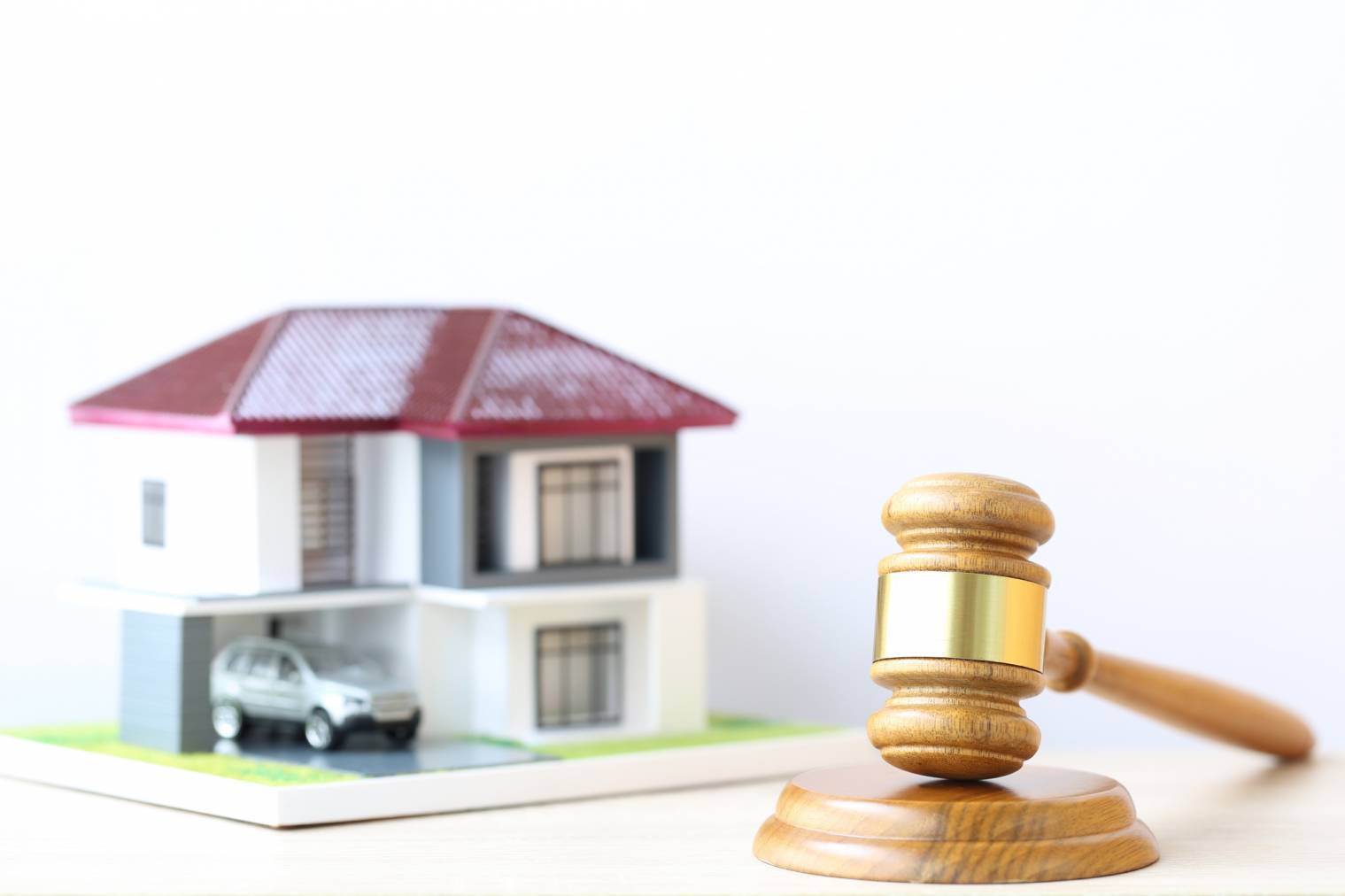Real estate: retirement in Spain and inheritance

Spain is a wonderful country that offers an exceptional quality of life and a generous climate. Every year it attracts a large number of people, especially senior citizens who, after retiring from working life, wish to reside here permanently. If you have also made the resolution to retire to Spain, it is important to prepare your estate well. Before you leave your country of origin, it is essential to be aware of the rules in force regarding the transmission of assets. How does inheritance of real estate in Spain work?
EU Regulation 650/2012 on international successions
Organising the transmission of one's assets is not an easy task, especially for people living outside their country of origin. Nowadays, many people move abroad and own property in a country other than their country of origin. Within the EU, an estimated 450 000 international successions are registered each year. Before Regulation 650/2012 of 4 July 2012 came into force, the law that applied in Spain for succession was that of the country of nationality of the deceased. However, as from its implementation on 17 August 2015, the law of the deceased's last habitual residence is taken into account. This remains valid if the place of habitual residence of the deceased at the time of death is not one of the 27 EU Member States.
However, there are two exceptions in the regulation. Firstly, if the deceased, despite his or her resident status in Spain, had closer links with another country, the law of that country is exceptionally applied. This is in accordance with Article 21.2 of the Regulation. For example, a French person moves to Empuriabrava or Roses to spend his retirement, but has emotional ties or property in Paris. On his death, French law may be applied to the succession because of the importance of his link with France.
Secondly, before his or her death, the deceased may wish the law governing his or her succession to be the law of the State of which he or she is a national. In order to be valid, his choice must imperatively be indicated in a will deposited with a civil law notary in the country of which he is a national. Note that if the deceased has several nationalities, he may choose between these different States.

Inheritance regulations in Spain
There are 7 different regimes of inheritance law in Spain. These can be directly applied to foreign residents in territories with their own laws. When there is no will specifying the deceased's choice to prioritise the application of the law relating to his nationality, the transmission of the property will be governed either by :
- The Spanish Civil Code for the 11 Spanish communities. These are Andalusia, Castile and Leon, the Region of Murcia, Cantabria, the Canary Islands, Asturias, Castile La Mancha, La Rioja, Extremadura, the Community of Madrid and the Valencian Community.
- The derechos forales or the foral or special rights of the autonomous communities that have competences in civil law. There are 6 of them, namely : Catalonia, Galicia, Navarre, Aragon, the Basque Country and the Balearic Islands.
Real estate succession in Spain
With regard to property succession in the Iberian Peninsula, two situations may arise. In the first case, the deceased made a will in Spain. In the second case, the deceased left none in the country of residence or in his or her country of nationality.
Inheritance with the presence of a will
In this country of the Iberian Peninsula, the will is considered as the official inheritance title left by the deceased. A distinction is made between the authentic will, the closed will and the holographic will. The most common is the first type of will which is called in Spanish "testamento abierto". It is drawn up by the civil law notary in two languages: that of the testator and that of the civil law notary. The document is then reread and signed by both parties.
Rules concerning testamentary dispositions specific to the 6 Autonomous Communities are provided for in the foral or special laws. On Spanish territory, it is the children and descendants of the deceased who have priority and they are called the reserve heirs. In the absence of the latter, it is the persons indicated in the document who are considered as heirs or legatees.
Inheritance without a will
Where a will has not been drawn up beforehand by the deceased or where the will which has been drawn up is not legally valid, it is the legislation in force which appoints the heirs. The latter are designated according to the degree of kinship with the deceased and are declared by the civil law notary. The notary draws up a deed of notoriety showing the hereditary status of the heirs recognised by law. In addition, there is a legal order for the heirs of an estate. After the descendants come the ascendants, the spouse, the parents and finally the State.

Inheritance tax
In Spain, each heir is obliged to pay inheritance tax or inheritance duty individually. And this in proportion to the real estate received. The time allowed for making the payment is 6 months, starting from the date of the parent's death. Nevertheless, it is possible to obtain an extension of 6 months if the request is made within the first 5 months of the given deadline. In addition, payment may be made in one lump sum or in instalments. In addition, the tax rate and tax deductions vary according to certain elements such as :
- The title of Spanish resident or not.
- The community of residence of the deceased.
- The relationship of the heir to the deceased.
- The place where the successor lives.
- The value of the inherited property.
Spain has its own legislation regarding the transfer of assets such as real estate. It is essential that those who wish to retire in Spain should be aware of these rules before starting the expatriation process. This is to avoid unpleasant surprises and future complications for the heirs.
Please complete the form by clicking below and our advisers will get back to you as soon as possible to discuss your project.
You can also contact us at +34 872 268 850








